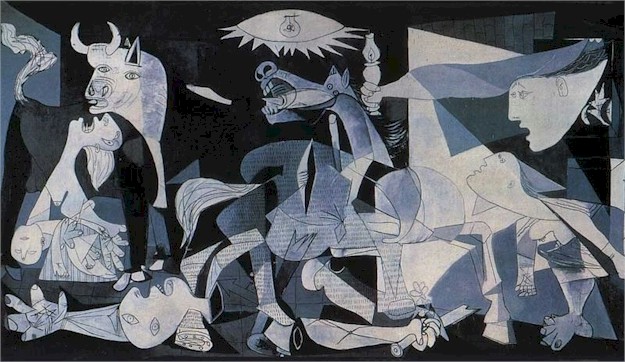A New Call of the Wild: The American Third Position Party
The following is an English translation of an article published in the French magazine RIVAROL (published by Jérôme Bourbon) on the A3P and it’s presidential candidates.
In the hustle and bustle of the various right wing currents inAmericait is fascinating to observe the recent birth of the American Third Position Party (A3P), a new political party dedicated to the preservation of European cultural, racial and ethnic heritage. The A3P has recently launched a political and cultural program that could make lots of waves at the upcoming presidential elections in America. The silent majority of American citizens is fed up; it is tired of the two-party system of East Coast ‘banksters’ and West Coast culture destroyers, both ruining the country with their destructive ideology of multiculturalism and causing dangerous mutual racial mistrust amidst the American body politic. Everybody wants something new.
The A3P offers a patriotic alternative to the two parties which, similar to subprime shams, have also mortgaged the future of America. Over the last forty years, American politics has been shaped by the plutocratic system and by the two identical political machines, under the guise of the Republican Party and the Democrat party respectively. It is always the Same and its Double poorly mimicked — if we were to borrow some words from the French philosopher of postmodernity, Jean Baudrillard. Both parties seem to be united in the ruthless dogma of the “third excluded”, as well as in the defamation of those who reject the media swamp of “political correctness.” Read more







